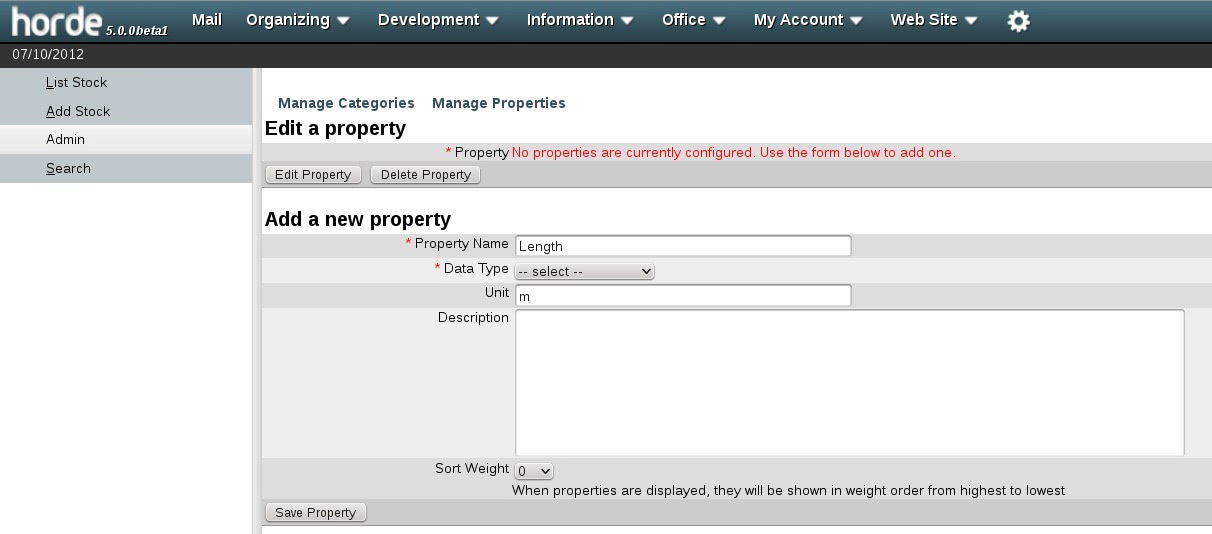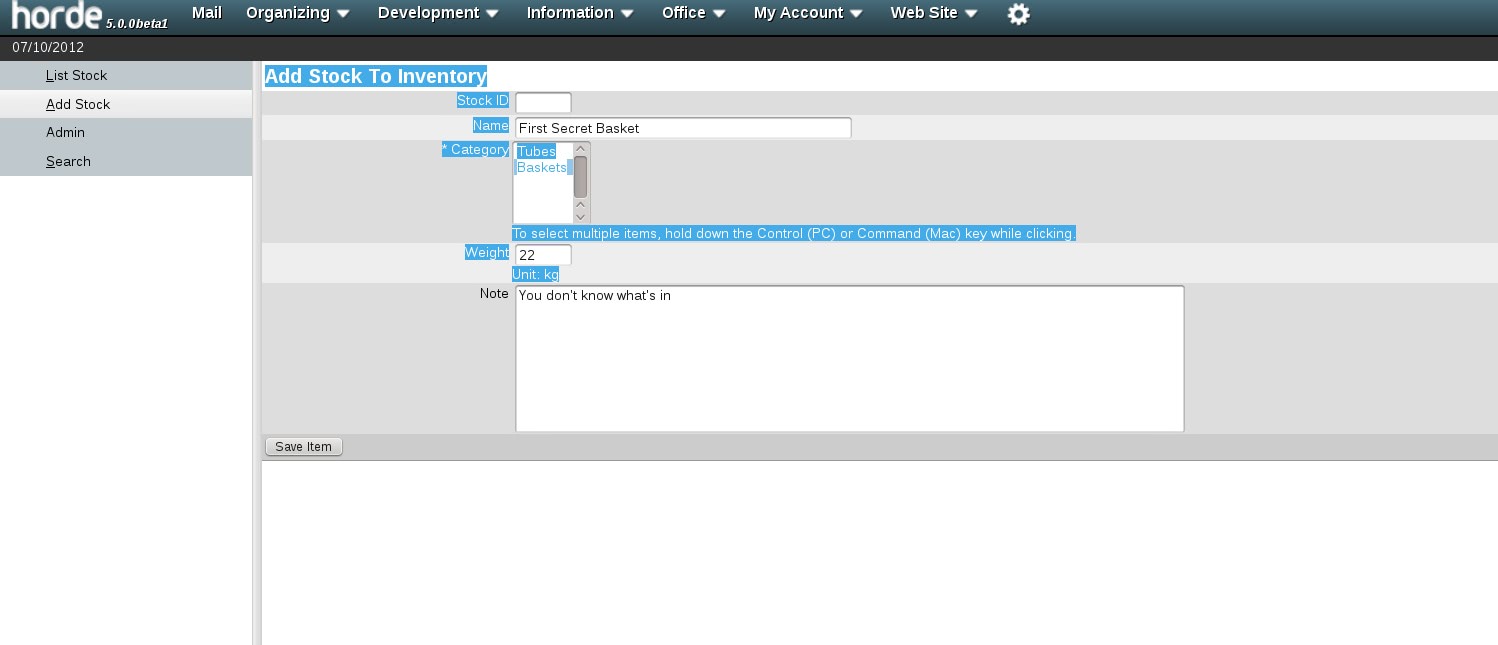In a recent discussion among php core developers, Zeev Suraski of Zend Technologies offered to open source their proprietary byte cache “Zend Optimizer+”. The main objective is to get a bytecode cache into the PHP distribution and finally into the core. There is a lot of discussion if the 5.5 release should be delayed by two months to include the open-sourced Optimizer+. Some advocate that PHP 5.5 should stick to its original release schedule and Optimizer should go into the master instead, eventually becoming PHP 5.6 : While there is strong support for getting a byte code cache into PHP Core, some are questioning why the php.net project’s native cache extensions “APC” is not the preferred option. PHP Leader Rasmus Lerdorf says ”
You also have to take into account that most sites can’t actually move
to the next release of PHP until APC is stable with it. So effectively
the PHP 5.4 release didn’t happen until APC 3.1.13 in September 2012
which was a full 6 months after PHP 5.4.0. I don’t foresee this getting
any better for PHP 5.5.In order for PHP releases to actually mean something this is a problem
we have to fix. I honestly don’t care which opcode cache implementation
we base a core version on, what I care about is developer buy-in. Dmitry
and Stas being familiar with the code already outnumbers the number of
active core devs working on APC today.I understand some of the skepticism and hurt feelings around this from a
few old-timers, but let’s move on and see if we can finally push out a
release with solid opcode caching right at the release date. From my
perspective anything up to a 6-month delay would beat the current situation.
The APC would then be reduced to a userspace data cache. For Optimizer+ to get into the core, some cleanup and compatibility with ZTS (Thread Safety) needs to be achieved. Traditionally, Zend products only run in PHP’s non-threadsafe mode.


